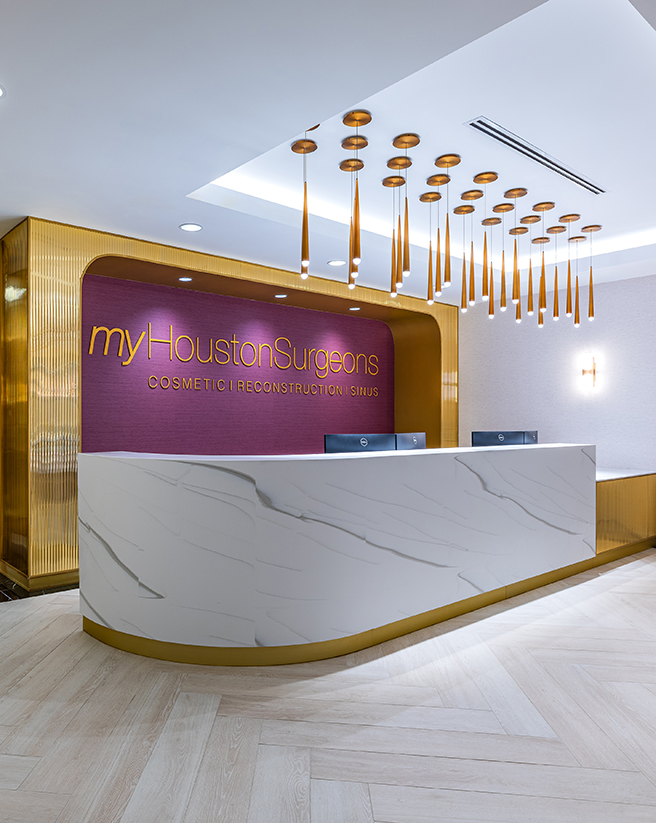Causes of Nosebleeds
While a single nosebleed should not be a cause for worry, recurrent or severe nosebleeds might be a sign of a serious medical condition. Minor irritation of the lining of the nasal passages, also known as the nasal mucosa are common causes of nosebleeds along with trauma to the nose. Infection, sinusitis, and allergies have been known to damage and irritate the nasal lining, increasing the risk of epistaxis.
Dryness is one of the most common causes of nosebleeds. Thanks to dry climates and HVAC systems, the inner linings of the nose lose moisture, making it more likely to be picked at or rupture.
Problems with the structures in the nose like a deviated septum, nasal fractures, and holes though the septum can cause irregular airflow, leading to dryness, which can cause frequent nosebleeds.
The use of medicines like antihistamine, decongestants for allergies, colds, or sinus problems can actually dry out the nasal mucosa enough to lead to nosebleeds. Alternative treatments like Ginko Biloba and Vitamin E have also been known to increase the risk of Epistaxis. On a more serious note, blood disorders, hypertension, high blood pressure, and cancer have been known to cause recurrent nosebleeds.
Nosebleed Treatment
Mild cases of nosebleeds can be treated by applying pressure, pinching the nose, and keeping your head elevated. Ice packs to constrict the blood vessels, nasal lubrication, and packing the anterior or posterior of the nose with materials such as gauze and cotton balls might also be effective for stopping nosebleeds. A sign that you might have posterior epistaxis is if bleeding continues for more than 20 minutes.
If a nosebleed is severe and persistent enough, it might require surgical intervention in the form of cauterization or vessel ligation. Cauterization will seal the vessel, while ligation will tie it off. When it comes to this type of serious treatment, it’s pertinent that you request the intervention of an ENT specialist. My Houston Surgeons offers endoscopic technology and skilled specialists that can perform your treatment with the finesse necessary.
You can stop epistaxis from affecting your day-to-day activities, but you shouldn’t trust anything less than the talented sinus and nasal specialists at My Houston Surgeons.




